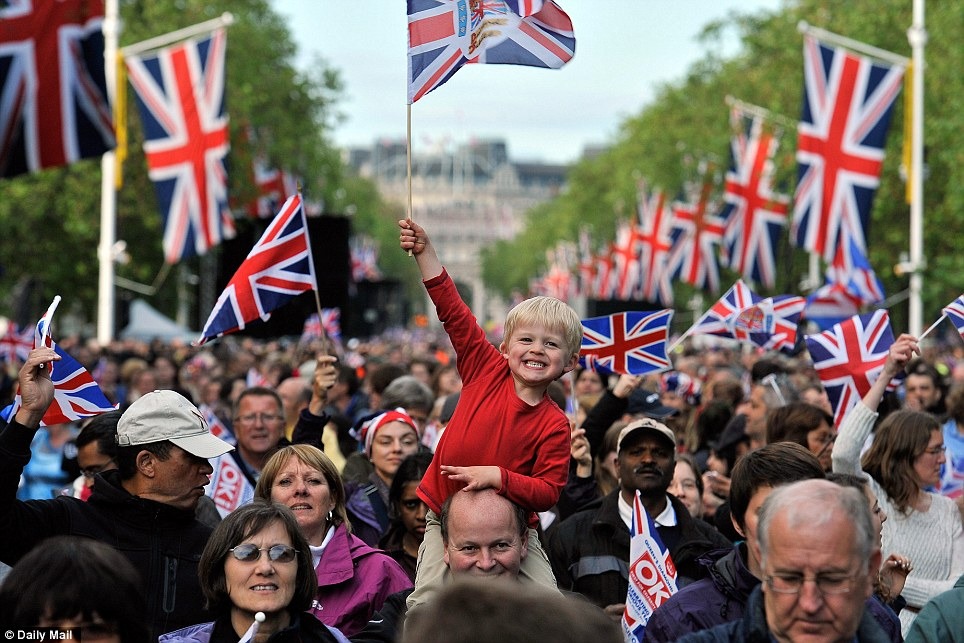For a British individual, discussing the weather is much like a conversation opener. Every English talk must start with the weather, just like every other English conversation. Most critics have tried to explain the English's "obsession" with the weather but have fallen short. Their presumption is incorrect. After all, they assume that everyone in Britain talks about the weather because they are passionate about it.
"Conversation about the weather is the last refuge of the unimaginative," said Irish playwright Oscar Wilde. In contrast, American author Bill Bryson, known for books such as Notes From A Small Island, said: "To an outsider, the most striking thing about British weather is that there isn't very much of it."
Talking about the weather is much like a conversation starter for a British person. Like any other English conversation, any English conversation must begin with The Weather, making Dr Johnson's famous statement that "when two Englishmen meet, their first chat is about the weather" accurate today as it was over two centuries ago. Most critics have attempted and failed to explain the English 'obsession' with the weather, and their assumption is flawed. After all, they believe that all British converse about the weather because they have a keen interest in the subject. Most then strive to figure out what English weather fascinates them.
For instance, in an uncharacteristic and unconscious display of patriotism, Jeremy Paxman takes umbrage at Bryson's dismissive comments and argues that the English weather is intrinsically fascinating. However, Both Bryson and Paxman overlook that exchanges about the weather aren't really about the weather at all: English weather-speak is a type of language that evolved to enable humans to overcome regular natural reserves and genuinely communicate with one another. For example, everyone understands the phrase "Nice day, isn't it?" "Isn't it cold?' "It's still pouring, isn't it?" and other variations on the theme are not requests for weather data: they are ritual greetings, conversation starters, or default' fillers.' In other words, English weather-speak is a type of 'grooming talk' - the human version of what is known as ‘social grooming' among our monkey cousins, in which they spend hours grooming each other's fur, even when they are immaculate, as a sort of social interaction.
Choreographed Conversations
It's not often evident, but all English weather talks have a specific structure, an identifiable rhythmic pattern that an anthropologist immediately recognises as 'ritual.' There is a strong impression that these are 'choreographed' conversations that follow unwritten but tacitly accepted guidelines.
There are three distinct circumstances in which weather-speak is required.
- as a casual greeting
- as an icebreaker leading to a discussion of other topics
- When discourse on other issues falters, and there is an awkward or uncomfortable lull, use this as a 'default,' 'filler,' or 'displacement' subject.
However, many day-to-day talks about the weather that British people initiate are more ordinary. Comments such as "Isn't it cold? "don't need a full response; a grunt of assent will suffice."
Weather conversation can be used as an icebreaker in various contexts. In others, it's used to fill awkward silences or to steer the conversation away from embarrassing issues. Weather speak is often used as an excuse to complain, which can be a bonding experience, but it may also be utilised to gauge other people's moods.
However, there are some unwritten conventions that the British adhere to when having these weather-related talks. The topic is nearly always introduced as a question, even if merely in tone (e.g., "Raining again?"). Second, the respondent must agree. Failure to consent is a significant etiquette violation. Or, at the very least, if you disagree, you have to describe it as a personal flaw. If someone says, 'Isn't it cold?' 'And you answer, 'Well, actually, no,' the individual will be taken aback and think you've said something impolite.
Other Cultures
Similar social talks occur in other cultures as well. However, the nature of the conversation - as well as its content - will differ. Derek Bousfield, a language and impoliteness expert at Manchester Metropolitan University, says that people in every culture walk a fine line. On the one hand, they seek approval from other members of society and the opportunity to form tighter ties with others. On the other hand, they want to be independent and alone.
Academics refer to these contrasting requirements as having a "positive face" and a "negative face," and most civilisations prioritise one over the other. "British people stereotypically choose negative face (they want to be unhindered) above positive face (the need to be accepted)," argues Bousfield, "yet maintain a feeling of positive face." "For example, getting on the bus and avoiding someone you recognise would be an insult to a positive face and produce interpersonal problems." However, "negative face," which in this case could imply not invading a stranger's personal space or refraining from starting an unpleasant discussion, "carries more weight."
When it involves small talk, cultures that value a cheerful face will use personal matters such as someone's age, weight, or occupation as an icebreaker. According to Bousfield, this explains why people from certain cultures, such as the Middle East, China, Southeast Asia, South America, and the United States, will ask questions that British people may deem unpleasant at worst or a little forward at best.
On the other hand, a country like the United Kingdom will pick a safe and discreet issue, such as the weather.






